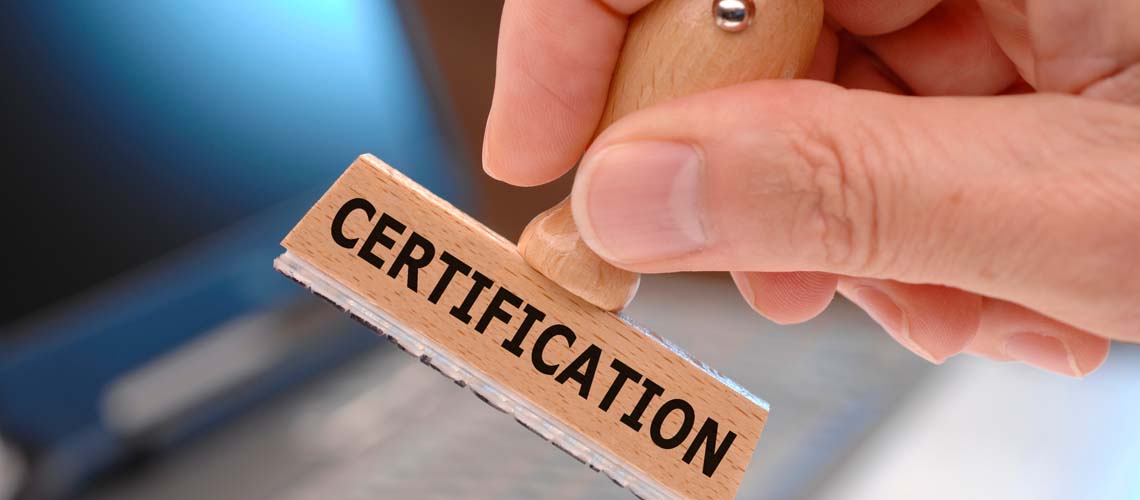ISO 10993 Biocompatibility Testing for Medical Devices
The ISO 10993 series of standards is a cornerstone in ensuring that medical devices are safe and biocompatible with the human body. This testing is critical to meet regulatory requirements, particularly those set by the US Food and Drug Administration (FDA), European Union (EU), and other global bodies. The primary focus of ISO 10993 testing is to evaluate potential adverse effects from contact between a medical device and biological tissues, fluids, or cells.
Our ISO 10993 biocompatibility testing service includes an array of tests designed to assess the safety profile of your medical devices. These tests are based on stringent international standards such as ISO 10993-1 through -25, which cover various aspects including cytotoxicity, sensitization, and inflammatory responses.
Our team of experts ensures that every test adheres strictly to these standards. We use advanced laboratory equipment, experienced personnel, and a rigorous quality control process to deliver accurate results. Compliance with ISO 10993 is not just about meeting regulatory requirements; it’s about ensuring the highest level of safety for patients. The tests include:
- Cytotoxicity Testing: Evaluates whether the device causes cell death or damage.
- Allergenicity Testing: Determines if the material used in the device can cause an allergic reaction.
- Inflammatory Response Testing: Assesses potential inflammation caused by the interaction of the device with biological tissues.
- Particulate Matter Release Testing: Ensures that any particles released from the device do not pose a risk to the user or patient.
The specimen preparation process is critical for accurate results. Our laboratory technicians ensure that each sample is prepared according to the specific requirements of ISO 10993, using sterile techniques and precise methodologies. The testing instruments we use are calibrated regularly to maintain accuracy and precision in every test.
The reports generated from these tests provide comprehensive data on the safety profile of your medical device. This information can be vital for regulatory submissions, clinical trials, and market approvals. Our services not only ensure compliance but also help you make informed decisions about your product’s safety and efficacy.
Why Choose This Test
Selecting ISO 10993 biocompatibility testing is essential for several reasons:
- Regulatory Compliance: Meeting stringent regulatory requirements ensures that your product can be safely marketed and sold in multiple regions.
- Patient Safety: By adhering to these standards, you ensure the safety of patients who will use your device.
- Market Differentiation: Demonstrating a commitment to quality and patient safety can set your product apart from competitors.
- Risk Management: Identifying potential risks early in the development process allows for timely mitigation strategies.
The comprehensive testing provided by our laboratory not only meets regulatory standards but also helps you identify any areas that may require further investigation or modification. This proactive approach can save time and resources in the long run.
Quality and Reliability Assurance
At [Lab Name], we take quality assurance very seriously, ensuring that every test conducted meets the highest standards of accuracy and reliability. Our laboratory is fully accredited by the relevant bodies to perform ISO 10993 biocompatibility testing.
We employ a team of highly skilled scientists and engineers who are experts in medical device testing and regulatory compliance. Their expertise ensures that each test is conducted with precision, using state-of-the-art equipment calibrated according to international standards.
The quality control processes we implement include:
- Regular calibration and maintenance of all laboratory instruments.
- Use of validated methods for specimen preparation and testing.
- Stricter adherence to ISO 10993 guidelines to ensure consistency in test results.
The reliability of our testing services is further bolstered by our strict quality assurance protocols. These protocols are designed to minimize the margin of error, ensuring that each report you receive is accurate and trustworthy. Our commitment to quality and reliability is reflected in our consistent compliance with international standards and positive feedback from satisfied clients.
Environmental and Sustainability Contributions
The ISO 10993 biocompatibility testing process not only ensures patient safety but also has environmental benefits. By ensuring that medical devices are safe for use, we reduce the need for recalls or product modifications, which can lead to waste and resource inefficiency.
- Reduction in Waste: Ensuring early identification of unsafe materials reduces the likelihood of end-of-life products being incinerated or sent to landfills.
- Efficient Resource Use: By providing accurate testing results, we help manufacturers make informed decisions that lead to more efficient use of resources and sustainable product design.
- Enhanced Patient Safety: Safe medical devices mean fewer hospitalizations and treatments due to complications, leading to overall better health outcomes and reduced healthcare resource consumption.
The ISO 10993 testing process is an integral part of the broader effort towards creating a safer and more sustainable healthcare system. By partnering with us, you contribute to this important mission while ensuring your product meets the highest standards of safety and efficacy.





